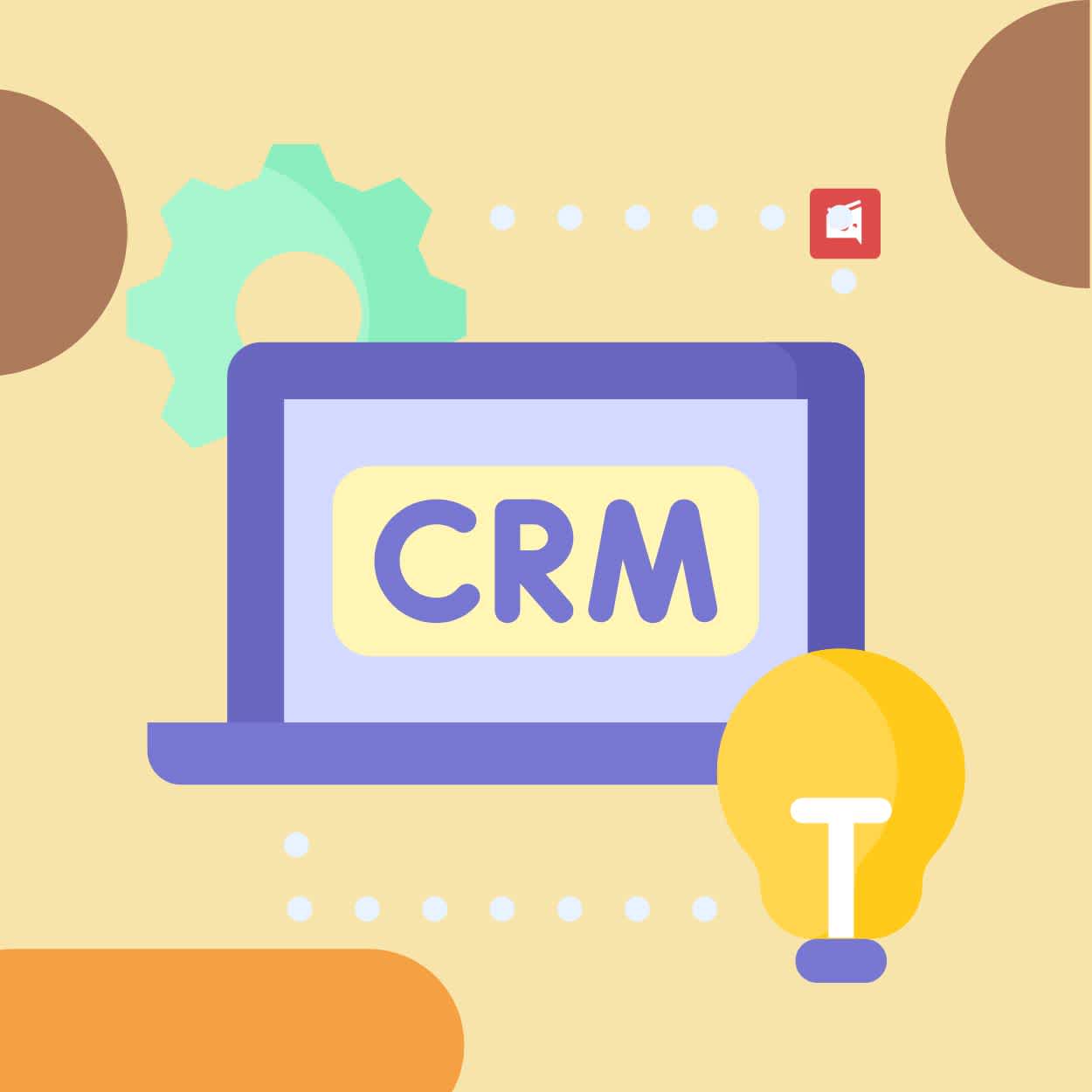A Guide to Implementing Mortgage CRM for Your Small Business
ByJulian Gette
Workast publisher

Workast publisher
When it comes to handling customer relationships in the mortgage industry, utilizing a CRM (Customer Relationship Management) system can make a difference for small businesses. Whether you're a mortgage broker or manage your mortgage lending company, incorporating a mortgage CRM can streamline operations, improve communication, and ultimately drive growth. In this guide, we will delve into the advantages of adopting a mortgage CRM for your business and provide tips on successful implementation.
One of the benefits of incorporating a system, such as the Salesforce mortgage CRM, is its ability to consolidate customer information in one location. This allows brokers and lenders to easily access client details, including history, preferences, and previous interactions. By using this system, buyers can quickly find a mortgage broker in Brisbane who understands their unique needs and can provide expert advice. Having this information available empowers loan officers to craft personalized messages and tailored solutions that foster strong customer relationships.
By leveraging a mortgage CRM system, you can effectively handle leads from sources like web forms or referrals. The software enables lead capture and assignment to loan officers based on predefined criteria. This ensures responses while also prioritizing leads with conversion potential.
By implementing a mortgage CRM system, you can streamline the workflow of loan processing. It automates tasks, like tracking documentation and reminding about deadlines. Moreover, it facilitates collaboration among all stakeholders involved, including loan officers, underwriters, and processors. The best part is that it ensures compliance with data privacy regulations.
A robust mortgage CRM offers analytics to assist businesses in making data-driven decisions. These analytics enable businesses to track team performance metrics, monitor lead conversion rates, and identify process bottlenecks. With these insights into their operations, management teams can identify areas for improvement and proactively enhance efficiency.
Before diving into the selection process, take time to understand your business needs. Consider factors such as team size, budget constraints, integration capabilities, and scalability. This clarity will help you narrow down options that align with your requirements.
While all mortgage CRM systems have core features in common, like client management and lead tracking, pay attention to functionalities designed specifically for the mortgage industry. For instance, integrated calculators or document management systems can significantly enhance efficiency for loan officers.
Here are some essential steps you can follow to choose the CRM vendor that meets your needs:
To ensure a smooth transition and successful adoption of the system, it's important to assign a project implementation team within your organization. This team will handle tasks such as system configuration, data migration, customization, training sessions, and ongoing support.
When transferring your existing customer data to the new mortgage CRM, thorough planning and execution are crucial. It's important to extract all information from databases while maintaining data accuracy during the migration process.
The key to a mortgage CRM implementation lies in how your team members embrace it. To facilitate this process effectively, conduct training sessions for all users involved in customer interactions.
Once the implementation is complete, closely monitor how users adapt to the system and regularly gather feedback from your team members regarding their experience with using the mortgage CRM. Address any challenges or concerns promptly to maximize user satisfaction.
Implementing a mortgage CRM has the potential to transform how small businesses manage customer relationships in the mortgage industry.
When you improve communication with your clients, it makes loan processes more efficient. Adopting a CRM system can greatly benefit the growth of your organization. Take the time to assess the CRMs available in the market. Identify the features that align with your business requirements and implement these systems carefully by following a defined project plan. By doing this, you can enjoy the advantages of a well-implemented mortgage CRM system that enhances efficiency and boosts customer satisfaction in your small business.
